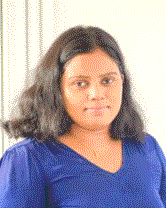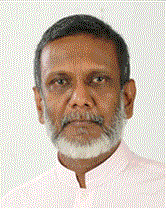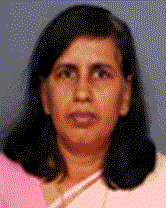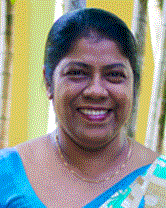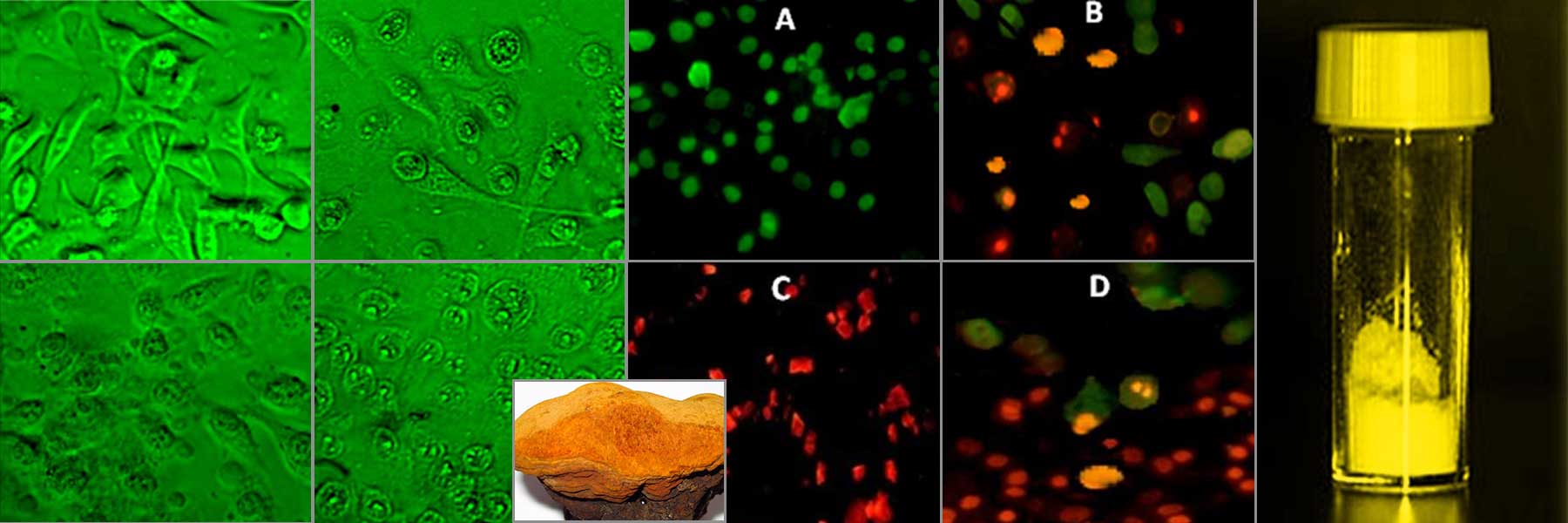
The First US patent to University of Colombo
 With the intension of value addition to Sri Lanka’s natural resources by showcasing the benefits of coupling natural science with Biotechnology, a National Research Council funded project was conducted by a team of academics of the Faculties of Science and Medicine. A wide survey of macrofungi was conducted and the collection was screened for anticancer activity. Among a number of other compounds yielded, a compound extracted from the mushroom Fulviformes fastuosus was found to show significant anticancer activity against Rhabdomyosarcoma, an aggressive and highly malignant form of childhood cancer. The uniqueness of this compound, Inoscavin A, is that: (i) it is active at nanogram levels where the control drug was active at mg levels (ii) Non detectable toxicity to normal cells. The invention is pertinent to “A novel method to isolate a potent anticancer compound inoscavin A from a Sri Lankan terrestrial mushroom, Fulviformes fastuosus, to treat rhabdomyosarcoma cancer”. Intriguingly, this invention provides a new method which is convenient and high in extraction efficiency to isolate inoscavin A anticancer compound as a stable and quality product of natural origin at a low cost. The invention is pertinent to “A novel method to isolate a potent anticancer compound inoscavin A from a Sri Lankan terrestrial mushroom, Fulviformes fastuosus, to treat rhabdomyosarcoma cancer”.
With the intension of value addition to Sri Lanka’s natural resources by showcasing the benefits of coupling natural science with Biotechnology, a National Research Council funded project was conducted by a team of academics of the Faculties of Science and Medicine. A wide survey of macrofungi was conducted and the collection was screened for anticancer activity. Among a number of other compounds yielded, a compound extracted from the mushroom Fulviformes fastuosus was found to show significant anticancer activity against Rhabdomyosarcoma, an aggressive and highly malignant form of childhood cancer. The uniqueness of this compound, Inoscavin A, is that: (i) it is active at nanogram levels where the control drug was active at mg levels (ii) Non detectable toxicity to normal cells. The invention is pertinent to “A novel method to isolate a potent anticancer compound inoscavin A from a Sri Lankan terrestrial mushroom, Fulviformes fastuosus, to treat rhabdomyosarcoma cancer”. Intriguingly, this invention provides a new method which is convenient and high in extraction efficiency to isolate inoscavin A anticancer compound as a stable and quality product of natural origin at a low cost. The invention is pertinent to “A novel method to isolate a potent anticancer compound inoscavin A from a Sri Lankan terrestrial mushroom, Fulviformes fastuosus, to treat rhabdomyosarcoma cancer”.
Intriguingly, this invention provides a new method which is convenient and high in extraction efficiency to isolate inoscavin A anticancer compound as a stable and quality product of natural origin at a low cost. This novel method can be effectively used for the preparation of any antitumor medicinal preparation using inoscavin A. Interestingly, the current invention provides a scientific evidence for using natural compounds derived from mushrooms as anticancer agents. This perceptibly leads to a positive impact on the development and validation of methods to isolate medicinal products from natural Sri Lankan resources. The future plan is to embark on new areas of Biotechnology research based on natural product and anticancer research that are relevant to the development of the industrial base in Sri Lanka within an internationally competitive landscape. The research team is so grateful to National Research Council for funding the research project and Colombo Science and Technology Cell, Faculty of Science and University of Colombo for the financial support provided to patent the research findings.
TEAM OF INVENTORS
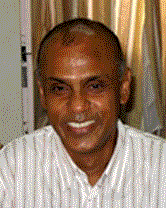
Prof. Dilip de Silva
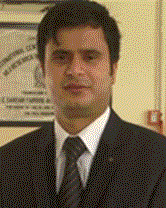
Dr Achyut Adhikari
